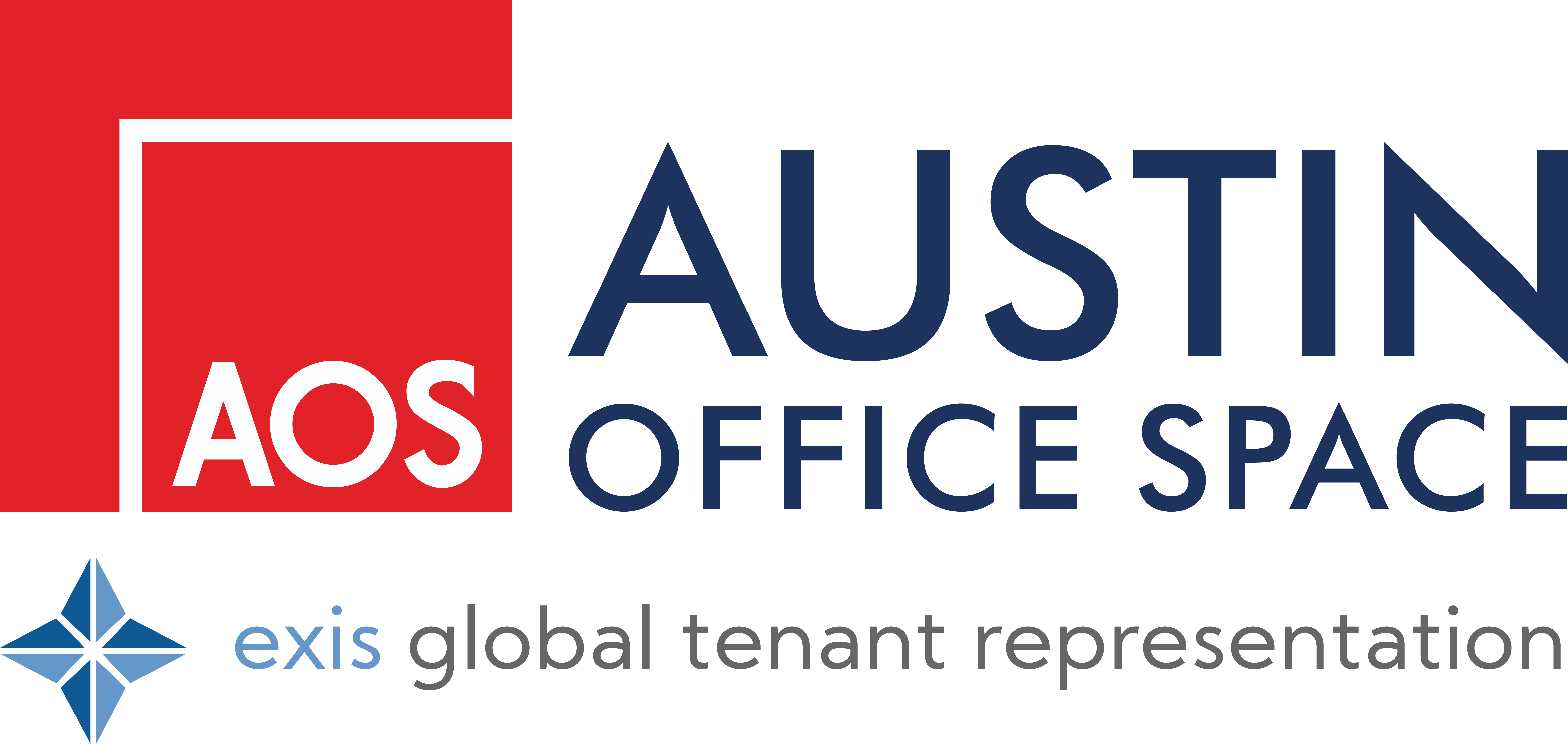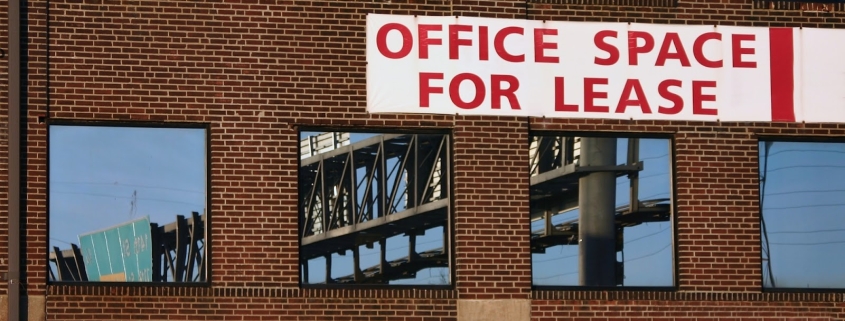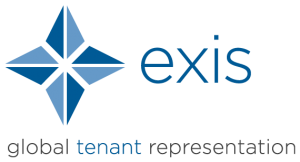9 Things to Look for in an Office Space for Lease
Are you thinking of moving from your home office to a leased office?
Renting office space is a huge decision that requires careful thought and planning. Looking for office space is the first sign that your business is beginning to expand.
It’s essential to find a productive environment to run your company. But you have to put both strategic and monetary issues into account.
Choosing your first office space for lease can be an overwhelming venture. Focus on making the right decision for your company, employees, and clients.
The choice you make can either make or break your business. Identify space with all the amenities you need for your business to function well.
It’s not advisable to choose the most expensive lease payment. Keeping your rent costs and terms in check is crucial.
Here are nine things to look for in an office space for lease. Put them into consideration to ensure the success of your business.
1. Location Is Key
Choosing the best location for your employees and clients is very important. Location will help to optimize work-life balance and help in recruitment efforts.
A good space will boost your company’s long-term performance. A poor site can cost you a lot in terms of capital, productivity, and talent. Price may be the most crucial aspect of finding the best location for your business.
For retail spaces, factor in what other competitors do before making a final decision. Analyze the area and customer demographics. It will dictate the business atmosphere, foot traffic, and your company’s success. For office space, employee retention and recruitment is key, with an eye on convenience and comfort.
Consider an office rental that’s a reasonable distance. Your employees need to travel to work easily. If it’s located far away, they may have to look for employment elsewhere.
Your clients may also need to be close to you to support your business. The parking situation, neighborhood, and accessible space are other things to consider. A startup needs a convenient and safe location to attract clients and employees.
If you have not yet hired a team, consider an office space located in an area populated with top talent. In Austin, this often means being in the northwest corridor between downtown and north Austin. At Austin Office Space, we can help you in determining the best location for your current and future employees.
Keep in mind that there is nothing like a perfect office space. Come up with a list of all the essential amenities and office space you need. Be practical to avoid wasting time looking for a ‘‘perfect’’ space.
If you’re starting a small business, don’t rush to choose a ”fancy” office. You don’t want to rent a space and then move out within a short time as it may impact your profitability. Do a lot of research and consider rent as they all play a vital role in your success.
2. Come up With a Budget
After location, the next big concern should be a budget. Don’t make the mistake of renting an office space that will put you into debt.
Before you even start looking for an office for lease, have a budget in mind. It should allow you to operate your business comfortably.
Renting comes with many expenses, and it’s easy to get overwhelmed by the bills if you’re not well prepared. So, the amount of money you are willing to spend will determine the office space you intend to rent.
Decide on the monthly cost you are ready to pay. They include rent, insurance service charges, maintenance costs, and daily operational costs. Knowing about all these costs in advance will ensure that you don’t spend more than you can afford. In Austin, the typical lease has pass through operating costs, called a “triple net” lease, or NNN, which needs to be factored in above the base rent.
Leasing an office space means that you’ll be in a legally binding agreement for a specific period. Your goal is to enhance your business to be more productive and profitable.
An office lease is a huge responsibility, so you have to ensure you are in a position to commit. Find out about any hidden costs in advance. They can include janitorial services and utilities.
It’s much more common for most business owners to focus on base rent and ignore the incidentals. Before you sign the lease, get detailed information about the actual cost of the office space.
Onec t you have an idea of the numbers, create an income statement forecast for a long-term lease.
Break down each item, knowing that the price can fluctuate over time. Evaluate your expenses to see if they make sense depending on the projected revenues. The aim is to ensure that the office space will increase your profitability.
3. Lease Term
Signing a lease is a crucial step in renting an office space. It protects your business from the financial burden that may occur.
Renting has a specific time length. A lease agreement determines the terms of the lease the landlord and the tenant have agreed upon. Reviewing the lease will ensure that both parties have a clear agreement.
Every office lease is not the same. Even though they are different, they are usually drafted to favor the landlord.
As a tenant, decide whether the office lease terms work in your best interest. Consider issues like break clauses, rental increases, lease length, etc. At Austin Office Space, we can help you negotiate the business terms of your lease.
Clarify these issues in advance to avoid misunderstandings during negotiations. The lease should be clear and straightforward. You need to know what you’ll be accountable for and what you will be getting.
All the provisions need to be in the lease. You don’t want to find out later that the landlord is signing the lease to a different person. Or, they are increasing your rent up by a huge percentage.
Also, find out what deposit the landlord needs. Deposit for office rental space can be anywhere from 1 to 12 months’ rent.
As a new entrepreneur, don’t lock yourself in a long-term lease. You should expect your business to grow or make some cutbacks with time. Most landlords provide at least a length of 3 to 5 years.
Look for subleasing opportunities that provide shorter terms, usually 2 to 3 years, and often come with furniture. There is a good chance that your business will outgrow the space before the expiry of your lease.
Find out if you can terminate the lease beforehand. Ask about what restorations are necessary before leaving the space.
4. Evaluate the Building
Buildings are designed using different engineering systems. Their condition may not be evident when leasing. But there are maintenance issues that are easy to detect, like walls with cracks or peeled paint.
Evaluating the building will help you identify opportunities for managing energy consumption. Check whether the type of building and the space is appropriate for your business. Your office space reflects your business, and you want to give it a good first impression.
Before choosing rented office space, it should comply with the local laws. The landlord should provide the basic amenities and security.
Consider the layout. An office space may appear smaller, but it proves to be more efficient for your team with a good setup. Natural light is a plus as no one wants to work in an environment that feels like a cave all day.
Revisit the building at different times and on different days of the week. Check how the lobbies, elevators, and parking lots are crowded.
Consider the client as you visit potential office space for lease near me. View the impressions the surroundings will give your company. Then, decide whether building matches your brand image.
Visit multiple office spaces before making your decision. Talk to your broker to find out about the landlord’s reputation. Making comparisons will help you settle on an office space that fits your needs well.
5. Get Professional Advice
Negotiating the terms of your office rental is a complex and time-consuming process. It’s best not to do it yourself. Identify a reputable commercial broker, such as Austin Office Space, to give you professional advice.
Pick one within your area who understands the market to help you with the process. A professional will ensure that your business gets a profitable outcome.
Hire a broker who deals with startups and specializes in lease negotiations. A lease negotiation has many terms that can often feel overwhelming.
Choose someone who will clarify what you don’t understand. Your broker should represent your best interests, and tenant only representatives will provide you with the least biased feedback. Ask around or do a quick online search to find a commercial real estate broker in your target community.
Failure to hire a professional could result in signing a lease blindly. A professional will review the contract thoroughly and negotiate the terms for you based on what is market in your area and.
Their expertise will save you plenty of time in the long run. Hiring a broker to negotiate the business provisions of the contract for you will allow you to save money, in both the term, tenant improvements, and obtaining market rates.
Hire a lawyer to review your office space for lease. As a business owner, working with a real estate attorney also saves time and can help you understand the legal provisions of your lease. Attorney review may ultimately save you money by clarifying the legal risks inherent in your lease and will help you make sure you understand your responsibilities and rights.
6. Start Early
First, think about whether you need office space. There are many entrepreneurs today that either work from home or co-working spaces. If your company can function in this environment, you could save money. A shared workspace or coworking space may be ideal, since commitments tend to be shorter..
Renting office space for the first time can be a daunting process. Starting your search early is crucial since most transactions involve many professionals. The entire process can take several months. If you find that there is a need to rent an office space, it’s best to start looking for an office rental as early as six months to a year before moving in. That’s enough time for you to make a careful and informed decision and will allow you to engage a broker to work on your behalf.
Your sales projections should indicate when you expect to outgrow your current space. So, plan accordingly.
7. Consider the Amenities Offered
Amenities are available in various forms like delis or on-site fitness centers. Also, consider the building’s cell phone and internet capabilities. Nearby amenities can also impact your location decision when renting an office space.
Amenities are what will keep your business thriving. Many employees and clients appreciate an office close to coffee shops and restaurants. Prioritize places you frequent for business purposes like banks or meeting spaces.
Choosing an office space with the best amenities will help attract best in class employees, and will boost employee productivity and morale. A building without essential amenities nearby could mean losing clients and employees to a competitor.
A great location is also vital for businesses. There is a connection between the well-being of your staff and infrastructure. Increased stress levels occur as a result of the inconvenience of traveling. Have the best of both worlds by choosing an ideal location with first-class amenities.
8. Ask Important Questions
Before signing the lease, ask all the questions you may have on your mind. Find out about parking spaces allotted to your business.
Ask if it’s possible to sublease your space. Discuss the type of signage the landlord allows. All this will help you clarify what is allowed and what is not.
The answers to the specific questions you have will play a massive role in your final decision. Never make the mistake of viewing the lease provided as a final document. Prioritize your demands before you start negotiations and engage your broker and attorney to provide suggestions to the lease document.
If you have a lot of requests, ask the landlord if you can sign a long-term lease as a concession. A long-term lease facilitates the landlord’s willingness to customize your space.
During negotiations, list any possible requests you may have for support services. Discuss any special requirements such as server rooms, lobby services etc.
Also, find out who are your neighboring tenants before you proceed to sign the lease. Choose a building with businesses that complement your industry. This will increase your chances of success.
Synergy is increasingly becoming a prominent buzzword. Increased foot traffic is one of the benefits of choosing a synergetic space. Companies become more productive around those who help each other.
Every business aims to experience rapid growth. Identify an office space that will meet your needs and provide suitable options.
9. Flexible Office Setting
Identify space with flexibility. Flexible growth options are ideal when you’re just starting. Your business may quickly expand since the future is unknown. Determine if the building has adjacent spaces to expand or contract in the future.
Moving into a new office space provides you with an opportunity to make radical changes. It can be a great way to help develop your corporate culture. Discuss what needs to be retained in the new location by employees. Think about the necessary improvements on employer image and the company’s brand.
Flexible office space will emphasize more on the identity of your business. Furnishings and renovations can transform any space to match your needs.
Identify an area that your employees would be most convenient using a heat map. There should be room to make adjustments to fit your company’s growth and changing needs.
Co-working spaces have become popular alternatives to traditional leases. They often allow for a flexible alternative with short-term agreements and allow you to decrease and increase depending on your changing business needs. Co-working can also enable you to add extra desks when necessary. You can move in fast and efficiently with little downtime. The equipment, decor, furniture, and other amenities are provided. You don’t have to worry about installing internet lines or hiring a receptionist. Most of these services are included in your monthly rate.
Co-working spaces are often designed to encourage collaboration and foster creativity. Team members can utilize the space for different projects effectively.
Choose the Best Office Space for Lease
Finding an office space for lease is a big step. Before you start looking at potential premises, consider the above points. Hire a professional, such as Austin Office Space, to help you with the process. We will provide you with a smooth leasing experience.
In Austin, tenant representatives get paid from the landlord’s representative’s commission. So, the assistance comes at no cost to the tenant.
Contact us today for trusted tenant representation in Austin, Texas.





